SGGP
As the world races to develop electric vehicles (EVs), Indonesia is in a good position because the island nation possesses huge reserves of nickel - an important material for producing EV batteries.
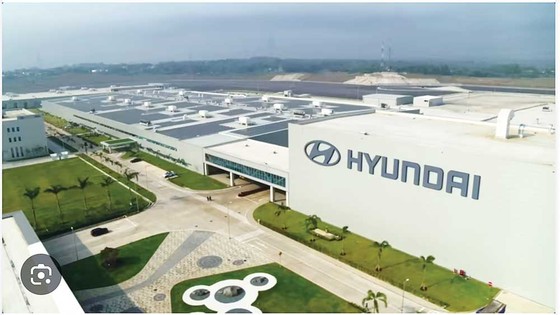 |
| South Korea's Hyundai Motor has begun producing electric vehicles in Indonesia. Photo: HYUNDAI MOTOR |
According to data from the US Geological Survey, Indonesia has the world’s largest nickel reserves at 21 million tonnes, accounting for 22% of global reserves. Indonesia’s nickel production also tops the list at 1 million tonnes, ahead of the Philippines (370,000 tonnes) and Russia (250,000 tonnes). By leveraging its rich mineral resources to fuel the global shift to EVs and other new energy vehicles, Indonesia has accelerated its efforts to close the gap in automotive production.
Indonesia's auto production is expected to grow more than 30% over the same period, reaching 1.47 million units in 2022, nearly 80% of Thailand's output that year. It is expected to reach 1.6 million units this year. Looking at passenger cars alone, Indonesia's output surpassed Thailand's in 2014 and has recently doubled its rival's. In an announcement last month, the Indonesian government said Volkswagen is considering investing in a nickel production project that Ford Motor is also involved in.
To attract investment in EVs, the Indonesian government has approved a series of incentives, such as reducing the value-added tax on some electric vehicles from 11% to 1%. Global automakers have responded positively, according to Nikkei Asia. South Korea's Hyundai Motor and China's SAIC-GM-Wuling have started producing electric vehicles in Indonesia since 2022, and Tesla is said to be close to a preliminary agreement to build facilities there. South Korea's LG Energy Solutions is building a battery plant with Hyundai Motor, expected to start operations in 2024. China's CATL, the world's largest maker of electric vehicle batteries, also plans to build a new factory in Indonesia.
Meanwhile, Thailand’s auto production has been steadily declining since its 2013 peak of 2.45 million vehicles, falling to 1.88 million by 2022, a 23% drop, according to research firm MarkLines. When it comes to EV batteries, Chinese and South Korean companies are targeting resource-rich Indonesia, the region’s second-largest automaker.
To help meet its goal of having electric vehicles account for 30% or more of new cars produced in the country by 2030, Thailand has introduced new incentives, including a sales tax on EV passenger cars that will be reduced from 8% to 2%. Pickup trucks, which are popular in Thailand, will be exempt from the tax.
Compared to other countries, Thailand's policies cover both production and sales, said Akshay Prasad, an expert at Arthur D. Little, a US consulting firm. The government has announced a five-year investment strategy, starting this year, that includes a 10-13 year tax break for fuel cell vehicle production. Biofuel producers are also eligible for tax breaks.
Thailand is trying to take the lead by expanding its reach not only to electric vehicles but also to new energy vehicles in general, so the competition with Indonesia is expected to heat up even more.
Source


![[Photo] Panorama of the cable-stayed bridge, the final bottleneck of the Ben Luc-Long Thanh expressway](https://vphoto.vietnam.vn/thumb/1200x675/vietnam/resource/IMAGE/2025/9/30/391fdf21025541d6b2f092e49a17243f)

![[Photo] General Secretary To Lam, Secretary of the Central Military Commission attends the 12th Party Congress of the Army](https://vphoto.vietnam.vn/thumb/1200x675/vietnam/resource/IMAGE/2025/9/30/9b63aaa37ddb472ead84e3870a8ae825)
![[Photo] The 1st Congress of Phu Tho Provincial Party Committee, term 2025-2030](https://vphoto.vietnam.vn/thumb/1200x675/vietnam/resource/IMAGE/2025/9/30/1507da06216649bba8a1ce6251816820)
![[Photo] President Luong Cuong receives President of the Cuban National Assembly Esteban Lazo Hernandez](https://vphoto.vietnam.vn/thumb/1200x675/vietnam/resource/IMAGE/2025/9/30/4d38932911c24f6ea1936252bd5427fa)
![[Photo] Solemn opening of the 12th Military Party Congress for the 2025-2030 term](https://vphoto.vietnam.vn/thumb/1200x675/vietnam/resource/IMAGE/2025/9/30/2cd383b3130d41a1a4b5ace0d5eb989d)
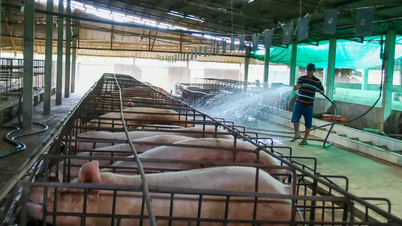
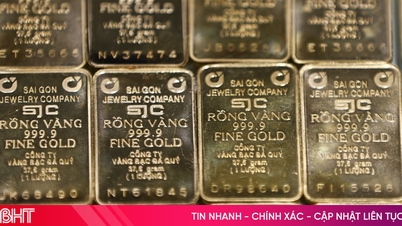

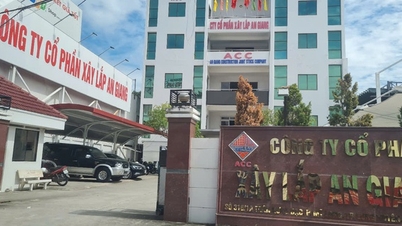





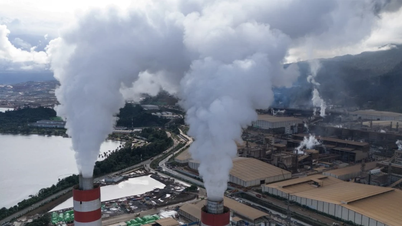













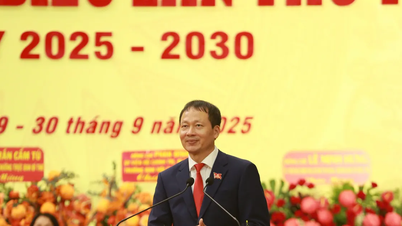
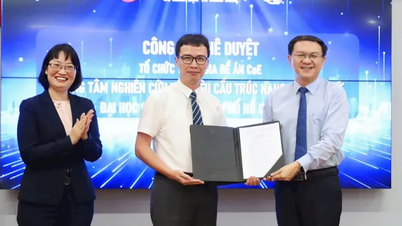








































































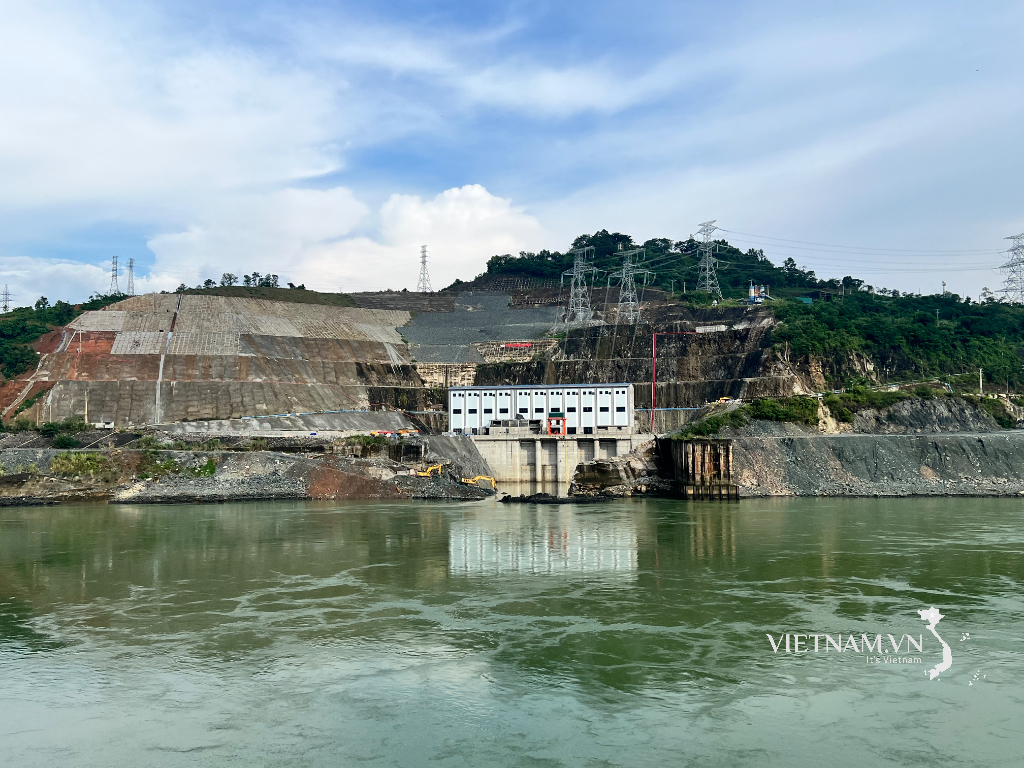
Comment (0)